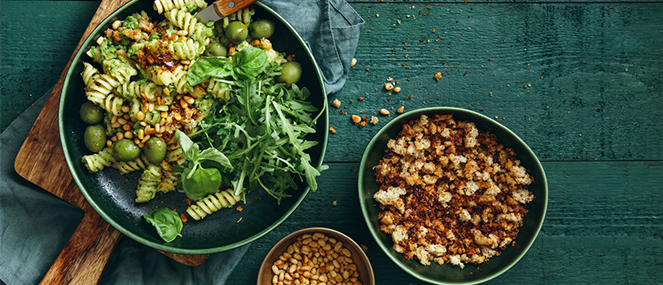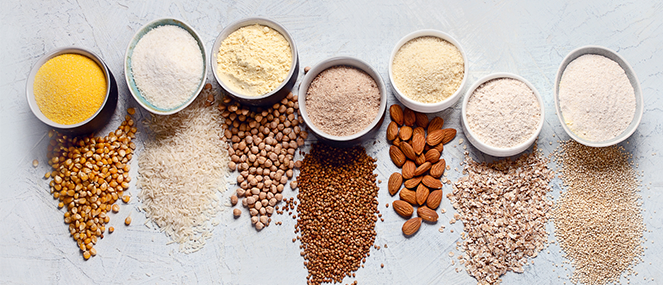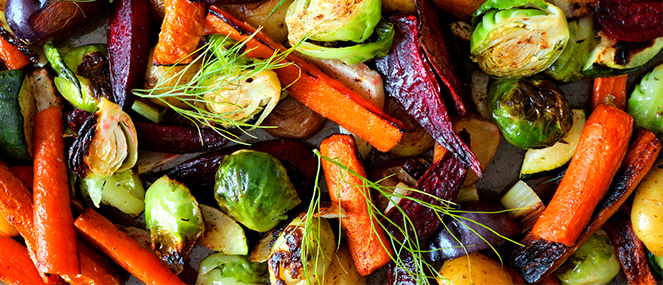
- Health hub/
- Discover Infant Nutrition/
- Find Answers To Your Breastfeeding Questions


Over the next five weeks, Blackmores Advisory Naturopath and breastfeeding consultant, Julie Cottle handles the most common questions she is asked – and offers her advice.
Breastfeeding often comes with a side order of 101 questions, and some sneaky self-doubts that we’re not always ‘doing it right’. But fear not, you’re far from alone – Julie says it’s common for mums to worry about different aspects of feeding. This week, she tackles a very common concern for breastfeeding mums – how to know when bubs is getting enough milk.
Q: I'm not sure my baby is getting enough milk - how do I know if I am making enough milk, or if he is starving all the time? He still seems quite grizzly sometimes after a feed.
A: You are certainly not alone with this concern! It’s important to remember that babies cry for all sorts of reasons. As you get to know your baby, you will likely learn to differentiate between the different cries and you will get to know hunger from tired, from pain, from being uncomfortable – so on and so forth.
If you are feeding your baby according to need rather than to a feeding schedule, chances are that your baby will be getting plenty of milk to meet his appetite and provide the nutrients he needs to grow. You can offer a breastfeed whenever he seems hungry and allow him to feed for as long as he wants to. This will ensure that you build up a supply that meets his appetite exactly. It may take some time in the beginning, but once your baby gets good at milking the breast, and your breasts get used to delivering the milk, your baby will be satisfied much more quickly.
The very best way to determine if your baby is getting enough milk is by monitoring the number of wet nappies, you want to see at least six pale wet cloth nappies or at least four heavy wet disposable nappies in a 24-hour period. If the urine appears bright yellow in colour and has a smell to it, it is important to talk with a health professional to assess your supply and your baby’s health ASAP.
More Q&As
I've been told there are foods I shouldn't eat when breastfeeding, as it might upset my baby's tummy. Is that true, and what are they? And how will I know if my baby doesn't like them?I don't enjoy breastfeeding, but I want to keep doing it. I find it quite painful, and me and my baby get very stressed. Should I just give it up, or is there something I can do to make it better?
I'm about to have a baby and I'm nervous about breastfeeding, what resources do you recommend? I want to read up on it beforehand, but also, who/ what would you recommend for any problems I might have in the early days or later?
Got questions of your own? Call the Blackmores Nutrition Advisory Service 1800 808 669.
Blackmores supports the benefits of breastfeeding as the best source of nutrition for babies. However, we also recognise that not all mums are able to breastfeed, and the reasons women are not able to breastfeed are for each mum to discuss with her health care professional.




